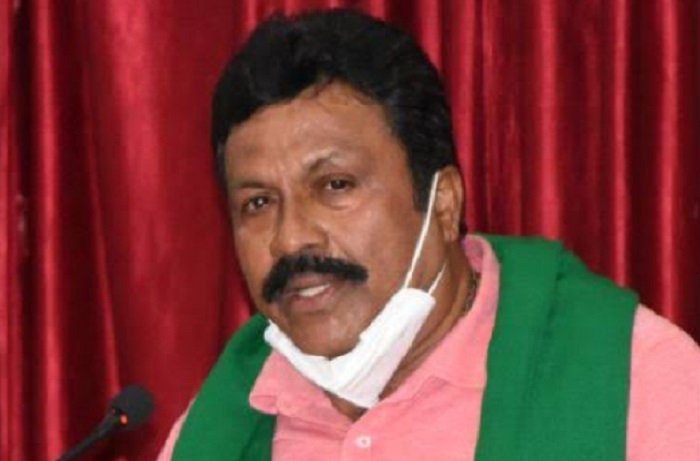Bengaluru, April 2: At least three people have been arrested by police in connection with the attack on ASHA worker Krishnaveni in Bengaluru's Byatarayanapura area.
Earlier in the day, Bengaluru Police Commissioner Bhaskar Rao said that an investigation was initiated into the incident in which ASHA workers were attacked.
"I have appointed Pulikeshi Nagar ACP, Tabarak Fathima, to investigate the matter. A case will be registered and action will be taken. ASHA workers will be protected by the police to carry out their functions," Rao told ANI here.
Earlier, Karnataka Deputy Chief Minister CN Ashwath Narayan visited one of the ASHA workers who was allegedly attacked by unidentified miscreants and termed the incident as "completely demoralising" for the workers.
ASHA workers, who were deployed to spread awareness about coronavirus and identify suspected cases, were allegedly attacked by a group of locals in Byatarayanapura here on Wednesday.
The workers said that the locals did not allow them to work and around 100 people gathered at the spot and harassed them.
This comes as the country is under a 21-day lockdown to prevent the spread of coronavirus.





Comments
You are right
i think half of the Sampaje village comes under Sullia and half under Madikeri taluk. Am not 100% sure. CD team must clarify.
Sampaje situated at Sullya taluk of Dakshina Kannada, Madikeri is part of Coorg District. Please be careful while reporting.
Add new comment